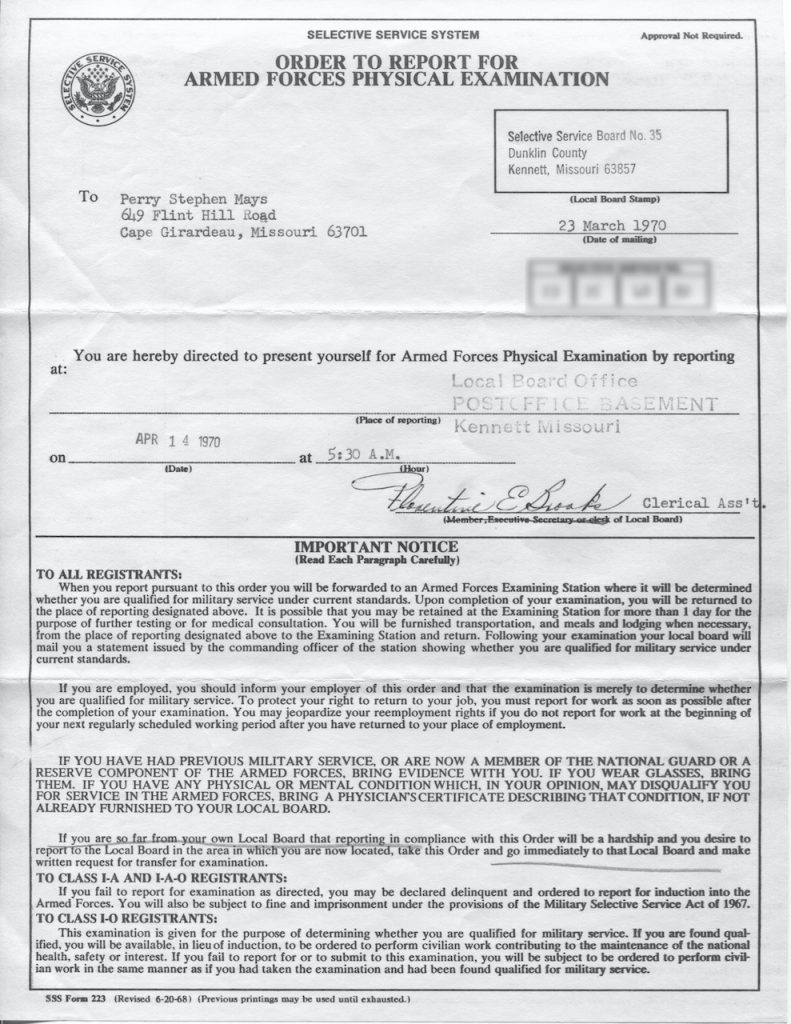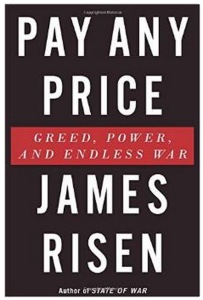From New York Times story: “The new truck, which began arriving at military bases in the spring, is faster, smarter and safer. It is powerful enough to bound through rough terrain, despite carrying armor so thick that the truck has to automatically level itself when parked, so that troops can swing open its 400-pound steel doors.”
“And unlike the stripped-down Humvee, the JLTV — which is far costlier than the latest Lamborghini Huracan — comes with a few conveniences, including a backup camera, phone-charging plugs, and not just one cup holder, but two.[…] It has seats designed to fit the bulky body armor and backpacks that soldiers now wear, and unlike the underpowered Humvee, it has air conditioning that actually worked.”
“The truck also comes packed with technology, including electronics that can communicate with fighter jets, drones and other military assets around the globe. In place of a sun visor mounted above the thick blast-resistant windshield, the JLTV has a fold-down night-vision driving system.[…] The JLTV also has a combat override switch that the driver can use to take all control away from the computer.”
Via Henry Domke



 I’m not sure how anyone can have much hope for the future of America by the time they get to the last page of
I’m not sure how anyone can have much hope for the future of America by the time they get to the last page of